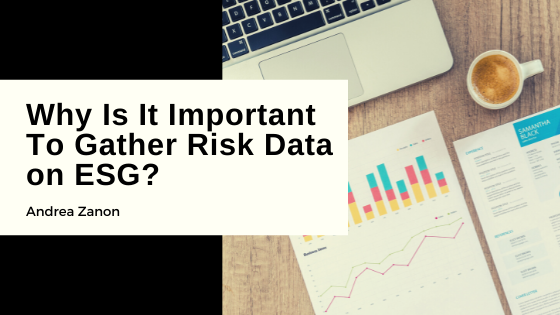ESG is an acronym for Environmental, Social, and Governance, and it is a popular, lucrative, and rapidly spreading strategy in today’s investment world. With a main objective of transparency and a heavy focus on positive change and progress, ESG reporting uses independent parties to examine its governance and policies, decisions, and impacts on the community and environment.
The environmental aspect focuses on the carbon footprint of the business and its practices, while the social facet analyzes the company’s reputation, management of employees, and interaction with clients, vendors, and the community. Governance studies the internal government of the business and its ability to utilize best practices, maintain relationships with its external investors, and adhere to the law.
ESG offers clients detailed, third-party analysis of the company’s raw data in these key areas, so basically a “report card” of their ratings, standards, procedures, and compliance. It allows customers to make informed financial decisions based on the company’s true core values, long-term goals, global concerns, and whether or not they mean what they say and follow through with their promises. Standards used include CDSB (Climate Disclosure Standards Boards), GRI (Global Reporting Initiative), SASB (Sustainability Accounting Standards Board), and TCFD (Task Force on Climate-related Financial Disclosures).
Why Gather Risk Data on ESG?
ESG is not only gaining traction in the world of investment, but it is sprinting full speed ahead. Nowadays, consumers are becoming more and more concerned with the personality behind the logo, and the company’s connection with the world, rather than just products and services. They are relying heavily on this type of data and looking for honest, positive, impactful, and well-run companies overall.
By increasing your company’s transparency, ESG reporting can improve your ratings, reputation, and traffic flow, as well as attract new investors. For example, if your company participates but other companies refuse to report, they may be viewed as untrustworthy, whereas all of your data will be clearly displayed.
Be sure to stay informed, never stop researching, and practice applying your newly acquired knowledge, tools, and resources to your investment plans and your future. There is a plethora of information, tips, and assistance available online about ESG risk data, such as video tutorials, websites, and professional consultants, so keeping up to date and obtaining assistance should be easy!







Read 0 comments and reply